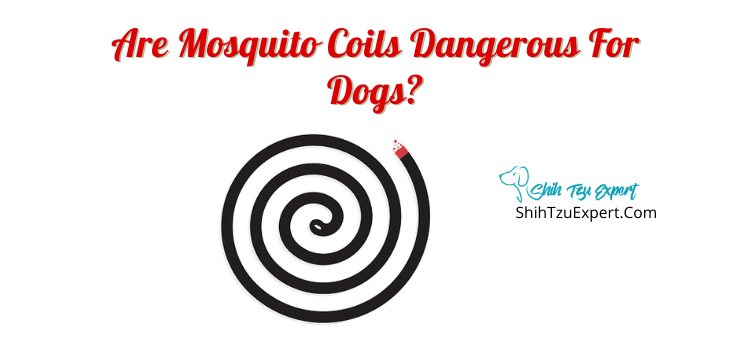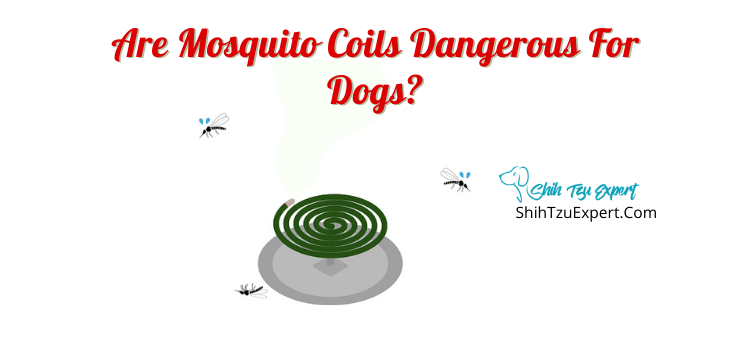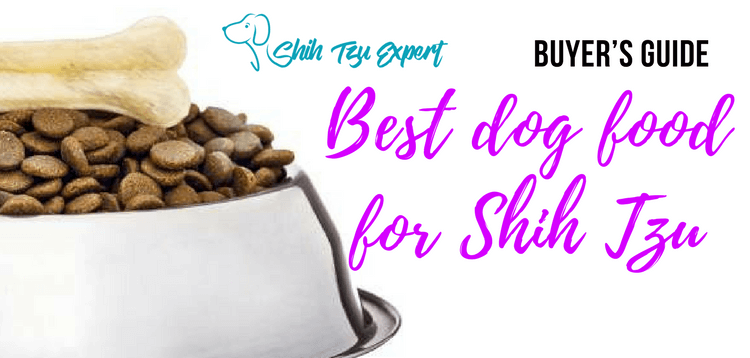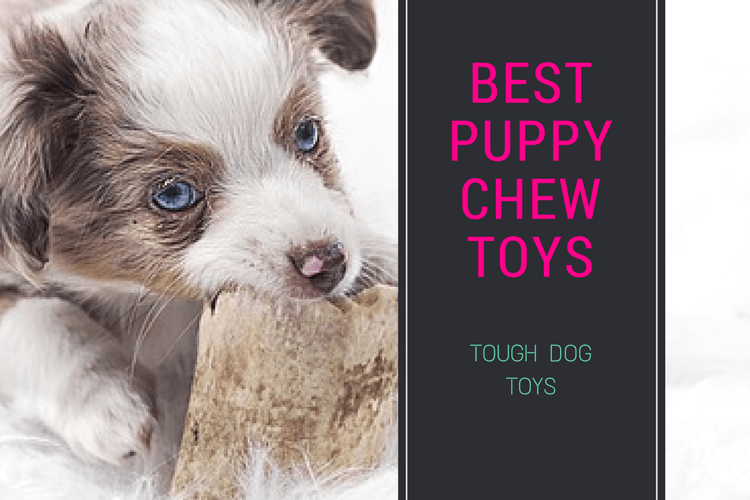In the summertime, mosquitoes can prevent a variety of risks for pets such as heartworm. It is important to consider your pet’s health risk not only from mosquito exposure but exposure to the products to use to repel and prevent them and the underlying risks to pet health.
Are Mosquito Coils Dangerous For Dogs?
Mosquito Coils are not necessarily considered safe for dogs and the safety depends heavily on the active ingredients, concentration, and method of ingestion. Based on research, there are many safer alternatives to prevent mosquitoes around pets. Coils prevent risk of poisoning and blockages when not used properly around pets.

Can I Light A Mosquito Coil For My Puppies/Pregnant Dog/Seniors Or The Dog With A serious Illness?
Mosquito coils are not considered safe for pets because they contain citronella, which is toxic to pets. Per Dr.
Camille DeClementi, senior director for the ASPCA’s Animal Poison Control Center, “When walking your dog, steer clear of areas you suspect have been sprayed with insecticides or other lawn products. Citronella candles, oil products and insect coils should also be kept out of pets’ reach.”
My Dog Ate A Mosquito Coil What Should I Do?

The severity of the situation would depend greatly on how much the dog ate and what the product contained. For example, if a large dog ate a very small amount of a mosquito coil there may be very little cause for concern, except maybe for some vomiting and diarrhea, if it is citronella-based. This would, of course, change if the dog consumed more of the coil and if it contained a product such as pyrethrin. If the dog consumed a pyrethrin-based product can cause more severe symptoms such as severe gastrointestinal upset and neurological symptoms (tremors and seizures). It is important to monitor the symptoms and consult the veterinarian as necessary.
Will My Dog Get Intestinal Blockage From Eating Mosquito Coils?
Intestinal blockages can be a concern with the
ingestion of a mosquito coil because of the size. The severity of concern depends on the size of the dog, as small dogs are at a much higher risk. You should monitor your dog for symptoms of an intestinal blockage such as vomiting (especially when repetitive), diarrhea, weakness, loss of appetite, dehydration, abdominal pain, bloating, and hunching or whining.
Are There Pet Friendly Mosquito Coils?
While there are currently many pet-safe mosquito remedies, there are not any pet
friendly coils. Due to the contents of the products and the risk of ingestion there is no mosquito coil that is 100% safe. However, products that use citronella and are free of DEET are often safer than alternatives.
Is Baygon Safe For Dogs?
Baygon coils list Transfluthrin as their active ingredient. Per the World Health Organization, it is not particularly toxic to mammals in normal use. With all products it is important to follow vet instructions and monitor pets during use.
Is Mortein Coil Safe For Dogs?
Mortein Coils have Pyrethrum as their active ingredient. Pyrethrum is shown to actually be fairly safe for use around dogs as it is found in some topical flea treatments. It is important to monitor dogs for signs of poisoning such as gagging, hacking, anorexia, and tremors.
Is The Smoke From Mosquito Coil Harmful To Dogs?
The smoke from the coils is not a primary concern for pet owners, as long as they are used in a well ventilated area. Coils are labelled for outdoor use only because they require complete ventilation. Concern with use of these products comes primarily with overdose/poisoning or the risks associated with ingestion.
Is Mosquito Coil Ash Poisonous To Dogs?
Concerns with coil ingestion are primarily linked to the type of product used. As mentioned, there is a major difference for dogs based on primary ingredients. Additional concerns with ash is that the metal concentration increases with burning and can become increasingly dangerous to dogs.
How Do I Keep Mosquitoes From Biting My Dog?
The safest way to prevent mosquito bites would be to keep dogs indoors during peak mosquito times. Some natural plants that help repel mosquitos include lemon balm, rosemary, catnip, and basil. You can also find many pet-friendly or pet-safe mosquito repellants both in stores and from your vet.
What Mosquito Repellent Is Safe For Dogs?
There are many repellants on the market that are considered to be pet safe, primarily those that are DEET free. One of the sprays gaining popularity is made from pet-safe essential oils, though oils should also be used under vet direction and never directly applied to a pet’s coat. In addition to DEET, Citronella can be dangerous to dogs based on the concentration. Many people have found that the safest protection for dogs is using tart fruits or lemon juice spray that can be applied directly to a pet’s coat.
Are Mosquito Plug Ins Safe For Pets?
Mosquito plug-ins can be a safer alternative to sprays, candles, coils, etc because they do not use potentially hazardous chemicals. They also do not have parts that present the risk of blockages like coils. Plug-ins are ultrasonic as opposed to utilizing chemicals which is, in many ways, much safer for use with pets.
Are Mosquito Coils Safe Indoors?
Mosquito Coils are not considered safe for indoor use. They are specifically for outdoor
use only and require ventilation at all times. It is considered very dangerous for both pets and humans to use coils indoors.
Are Citronella Coils Safe For Dogs?
Though citronella coils are considered safer for dogs than some of the other active ingredients, they are not necessarily safe. Citronella candles still present the risk of poisoning when used around pets. They also present a risk when consumed because they can be considered poisonous based on the concentration and they present a risk of blockages when ingested.
How Can I Make A Mosquito Repellent Spray For My Dog?
One way to make a pet safe spray is to use citrus or tart fruits and apply directly to the coat. You can also make a natural bug spray by combining 15 drops of lemon eucalyptus essential oil with 2oz of witch hazel or another carrier oil (oil works best if a pet will be in water).
Is Mosquito Joe Safe For Pets?
Mosquito Joe uses a natural byproduct of the Chrysanthemum flower called Pyrethrins, which are synthetic pyrethroids. Pyrethroids are water based and used in many household products and appear to be a much safer alternative. Mosquito Joe also states that they use garlic, which while not particularly toxic it can cause anemia in dogs in high concentration, so it is important to be mindful of exposure concentration.
How Do I Get Rid Of Mosquitoes In My Yard Without Using Chemicals?
One way to aid in preventing or removing
mosquitoes in your yard is to rid your yard of all standing water, which attracts mosquitoes. An additional safe chemical alternative is using granulated garlic and spreading it around your yard, which can provide protection for up to 4 weeks. Additionally, you can use natural herbs such as vanilla, tea tree oil, citrus oil, and aloe vera.
Do Dogs Get Sick From Bug Spray?
Reaction to bug spray will depend on what chemicals the dog is exposed to and how much exposure they have. DEET is a chemical that is considered dangerous for dogs and will in fact make them sick. Other chemicals may be considered safer, but like most products can present toxicity if exposed in high concentrations or ingested.
What Mosquito Spray Is Least Harmful For Dogs?
The best route to keep your pet safe is to make your own mosquito spray, however for many that may not be an option. If using a store-bought spray one of the most important considerations is making sure that it does not contain DEET, which would be the most harmful component for dogs.
What Are The Best Pet Friendly Mosquito Repellents?
Some options that are considered safer for pets include: Wondercide, Vet’s Best, and Cedarcide. These are sprays that contain safer ingredients and pose a lower risk for harm in pets.
Why You Should Never Used Deet Products?
Deet is considered very dangerous to pets as they are very sensitive to it. Deet can cause severe neurological symptoms (seizures and tremors) and even death in severe cases.
Why Essential Oils Can Be Dangerous To Your Dog?
Essential oils can pose a risk to pets when they are placed directly on skin so it is important to use them in a way that they are not directly on skin. Dogs are not as sensitive to oils as cats so it is not as much of a risk for them, but it is important to note the risk of liver damage associated with essential oils- specifically tea tree oil.
Why Citronella Is Toxic To Dogs?
Citronella plant is found to cause
gastrointestinal complications in dogs based on the concentration. It can lead to loss of muscle coordination, muscle weakness, depression, and even hypothermia in higher concentrations when dogs consume the plant. In high dose exposure it is important to contact your vet for direction.
Can I Put Citrus Juice On My Dog’s Coat?
Citrus juice is considered a safe alternative to chemical based repellents. It is shown to provide protection against mosquitoes with the lowest risk for toxicity to dogs. It is the only solution that can be provided directly to the dog’s fur.
Are Pyrethrin And Pyrethroid Based Products Safe For Dogs?
Per many studies, pyrethroids are considered a safer, synthetic alternative to pyrethrin. Pyrethrin is considered a risk for dogs for gastrointestinal upset and possible neurological symptoms in certain concentrations. Pyrethrin would be a less safe product compared to many products on the market including Pyrethroids.
References
https://www.who.int/whopes/quality/Transfluthrin_eval_only_Nov2006.pdf
https://www.smh.com.au/national/is-a-potential-health-danger-smouldering-away-without-us-realising-20190103-p50pd9.html
https://www.animalhumanesociety.org/news/pet-friendly-mosquito-repellents-humans-can-use-too

![Best Cheap Dog Foods - our Top 10 Picks of High Quality Brands That Are Still Affordable [Under $1 per pound!] in 2023 Best Cheap Dog Foods - our Top 10 Picks of High Quality Brands That Are Still Affordable [Under $1 per pound!] in 2023](https://shihtzuexpert.com/wp-content/uploads/2018/01/Best-Cheap-Dog-Food-Featured-image.png)


